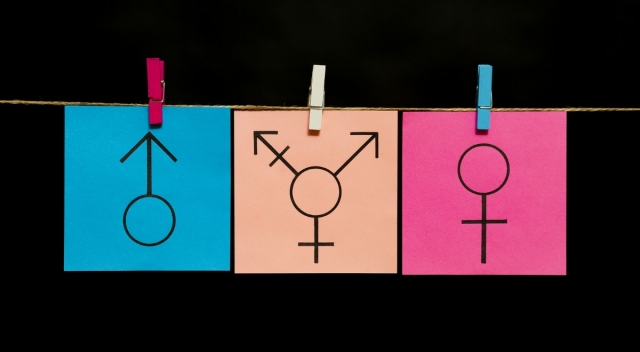
Does transgender medicine for kids need more bioethical scrutiny?
Experts complain that data is lacking
Interest in transgender medicine is growing rapidly – “at an incredible rate”, according to Karen Parker, director of the US National Institutes of Health’s (NIH) Sexual and Gender Minority Research Office.
Gender clinics are springing up in many countries to offer counselling and therapy for transgender youth as well as adults. Numbers are hard to come by but an article in The Atlantic last year reported that “Anecdotally… clinicians are reporting large upticks in new referrals, and waiting lists can stretch to five months or longer.”
However, there seems to be a wide gap between clinical practice and research, at least as far as child and adolescent transgender health is concerned. Astonishingly, despite the enormous media presence of transgender issues, little research has been done on the effects of transgender treatment on children and teenagers. On adults, yes. But not on children and teenagers, who are precisely the focus of immense controversy in the media.
As Carl Heneghan, a professor of evidence-based medicine at Oxford University, pointed out in an article in The Times earlier this month:
“Children are not small adults; their changing body composition requires careful dosing; their physiology creates unique challenges that increase risks, and off-label use may lead to serious and life-threatening consequences. In my view, given the paucity of evidence, the off-label use of drugs that occurs in gender dysphoria largely means an unregulated live experiment on children.”
According to a news feature in Nature, “In 2017, the NIH launched a prospective study of 400 transgender adolescents. It will be the first study to examine the effects of drugs that block puberty until a teenager’s body and mind is mature enough to begin cross-sex hormone treatment.”
It’s odd that this has to be described as “the first study”.
Back in 2011 the US Institute of Medicine lamented the lack of data about the health implications of hormone use for transgender youth. It stated: “Although some literature addresses the process of gender identity development among transgender youth, little of this literature is supported by empirical evidence or longitudinal data. The lack of available cohort data on the relationship between developmental issues and general health status represents a distinct gap in the literature.”
The study mentioned by Nature is being led by Johanna Olson-Kennedy, a California expert on transgender issues. Her grant application states that “This multi-center study will be the first in the U.S. to evaluate longitudinal outcomes of medical treatment for transgender youth and will provide essential evidence-based data on the physiological and psychosocial effects and safety of treatments currently used for transgender youth.”
So, six years after the gap in knowledge had been identified and long after doctors began prescribing powerful hormones as puberty blockers, there was still no solid evidence about how safe the treatments are.
Transgender medicine is opening up a new frontier for bioethics. But the issues are still murky. How ethical is it to treat minors with drugs whose effects are unsupported by rigorous research? How ethical is the patients’ consent? Sound bioethics is always based on sound data. But what if there is no data? How ethical has the decade or more of teenage treatment been? This is something that bioethicists ought to look into – fast.
In the meantime Dr Olson-Kennedy has informed the National Institutes of Health, which is funding her research, that “the minimum age for the cross-sex hormone cohort inclusion criteria was decreased from 13 to 8 to ensure that a potential participant … would not be excluded due to age alone.” If the ethics of treating 13-year-old is murky, how about 8-year-olds?
Michael Cook is editor of BioEdge
Creative commons
https://www.bioedge.org/images/2008images/FB_Three-Multicolored-Stickers-Wi-278243368_(1)_640_352_c1_c_c.jpg
transgender children
transgenderism
